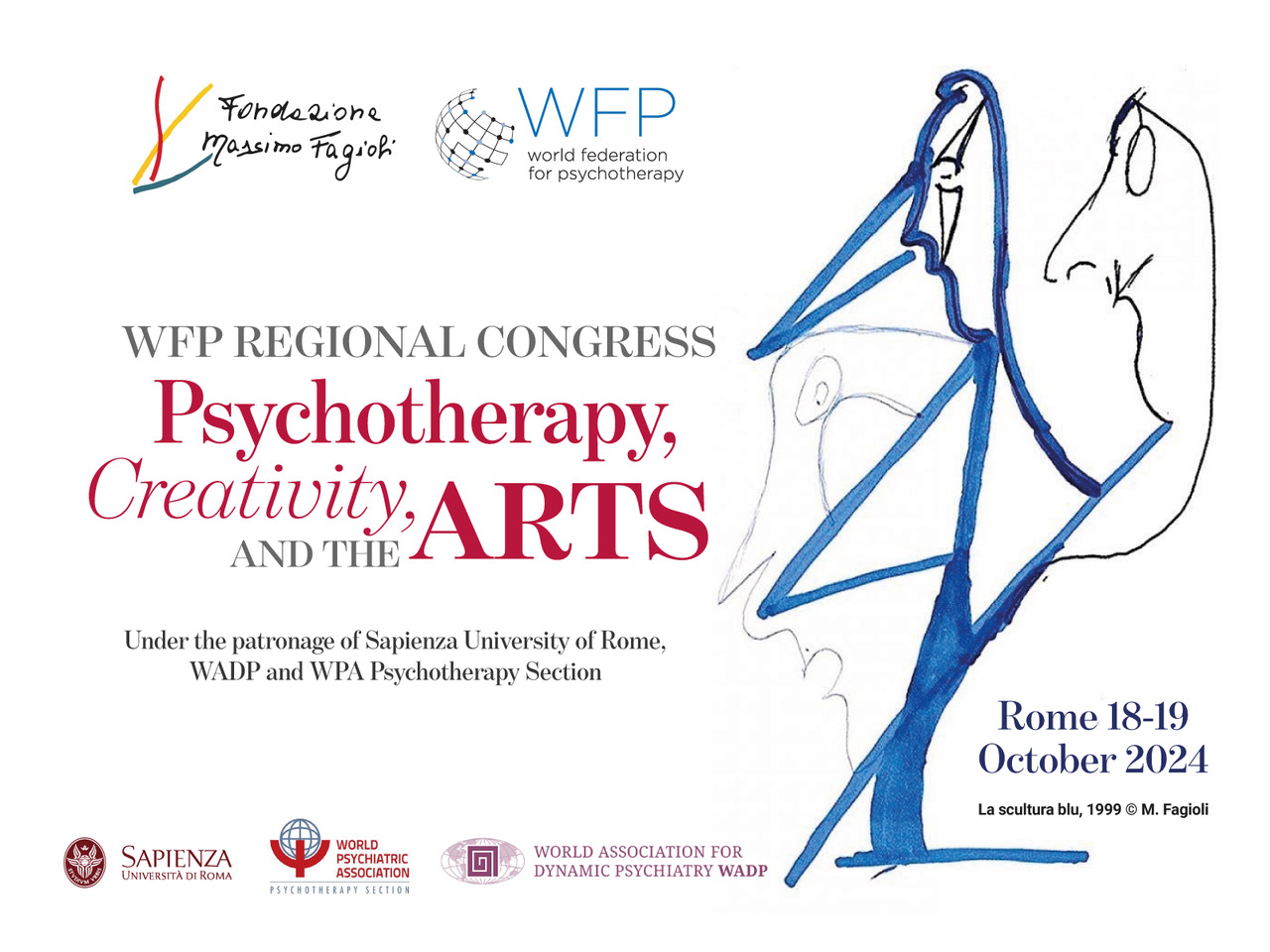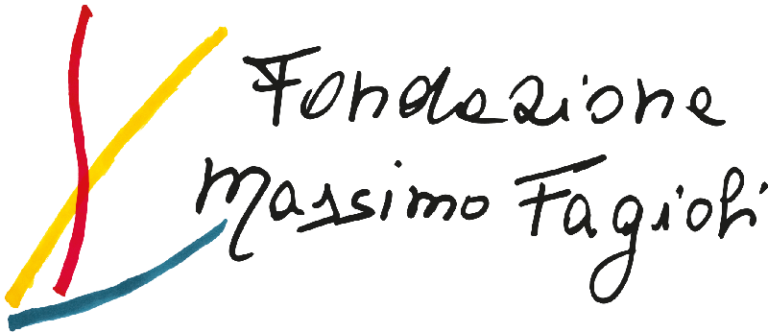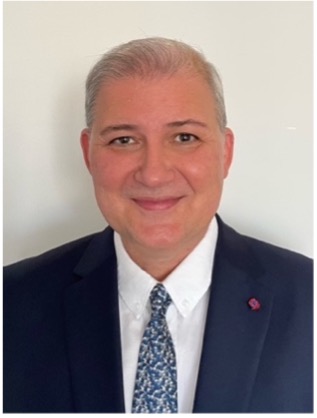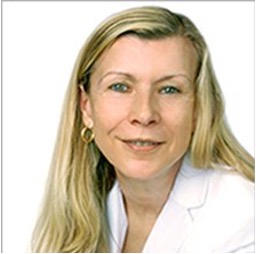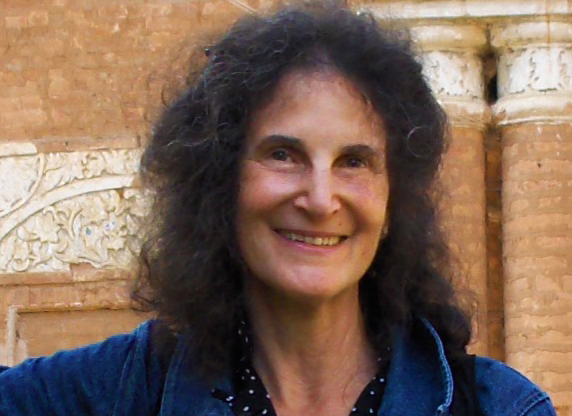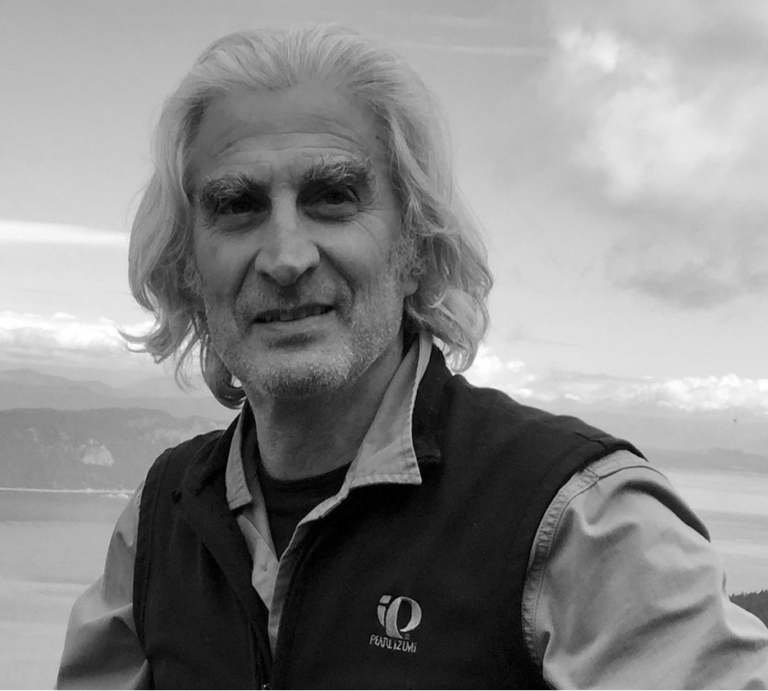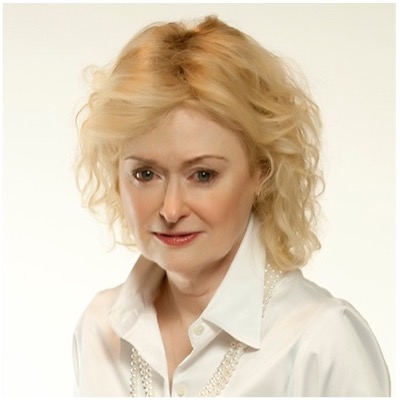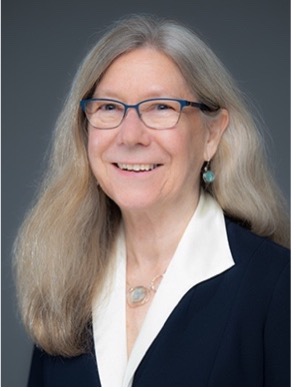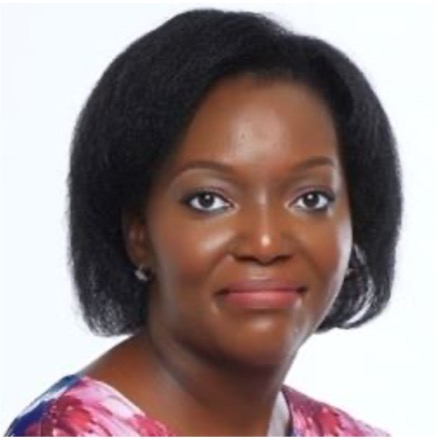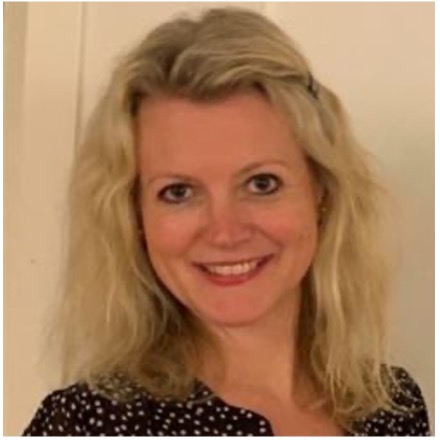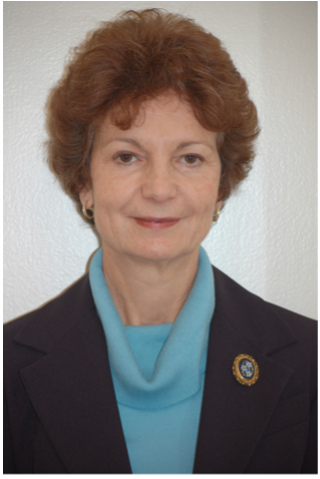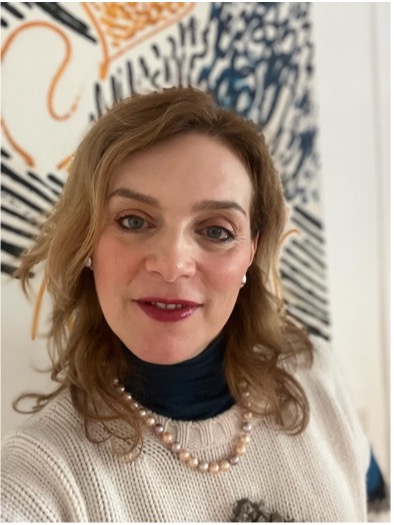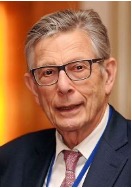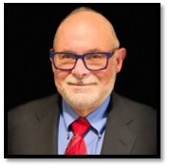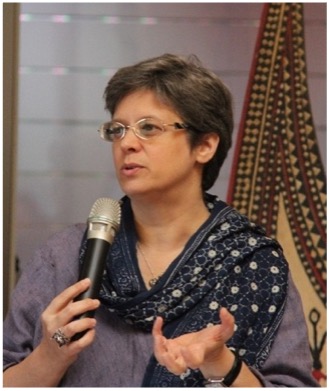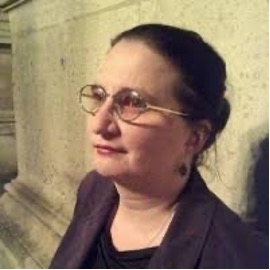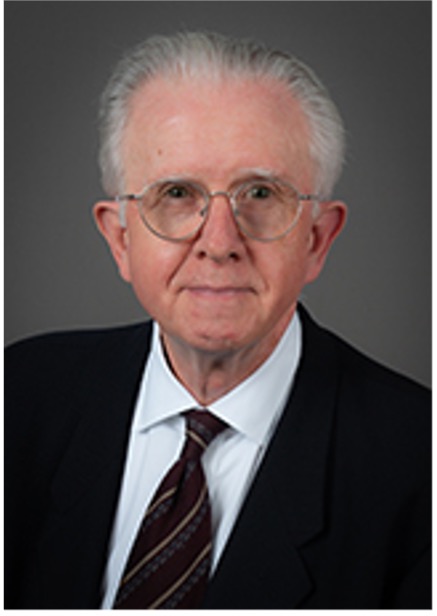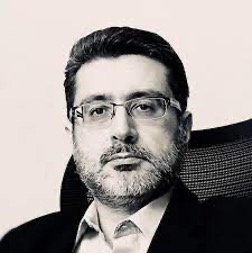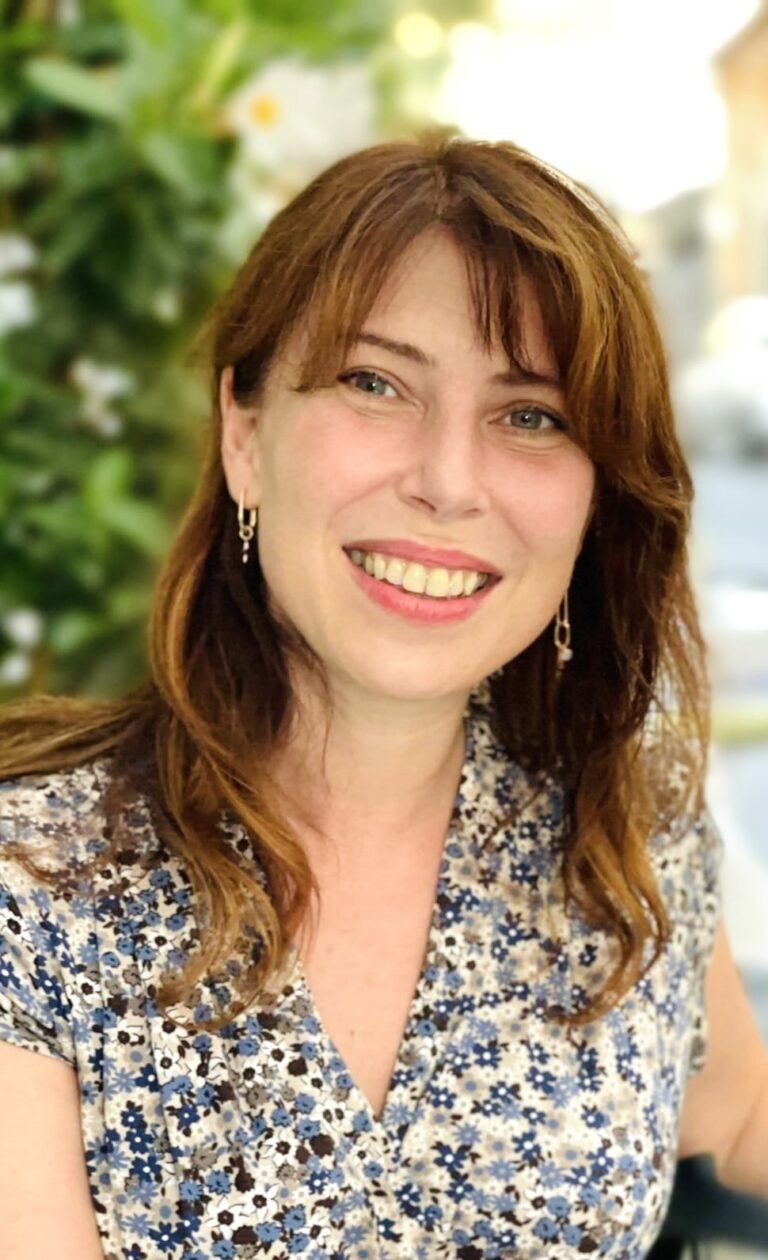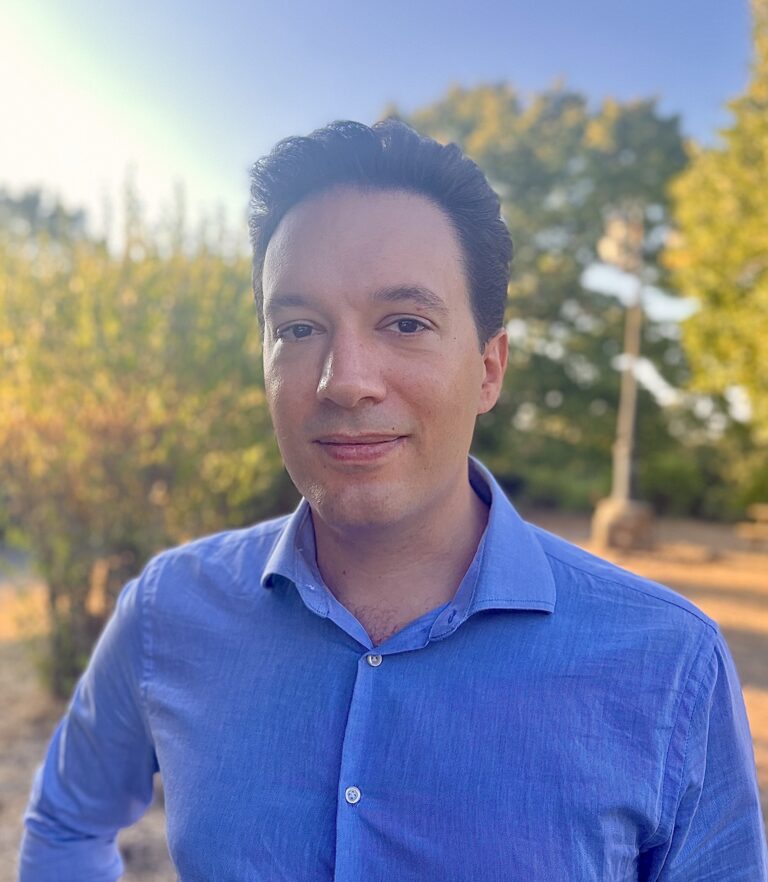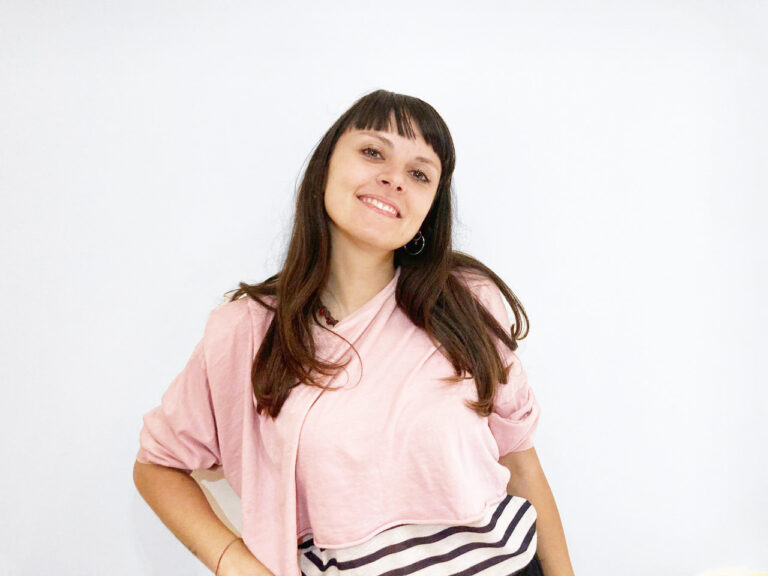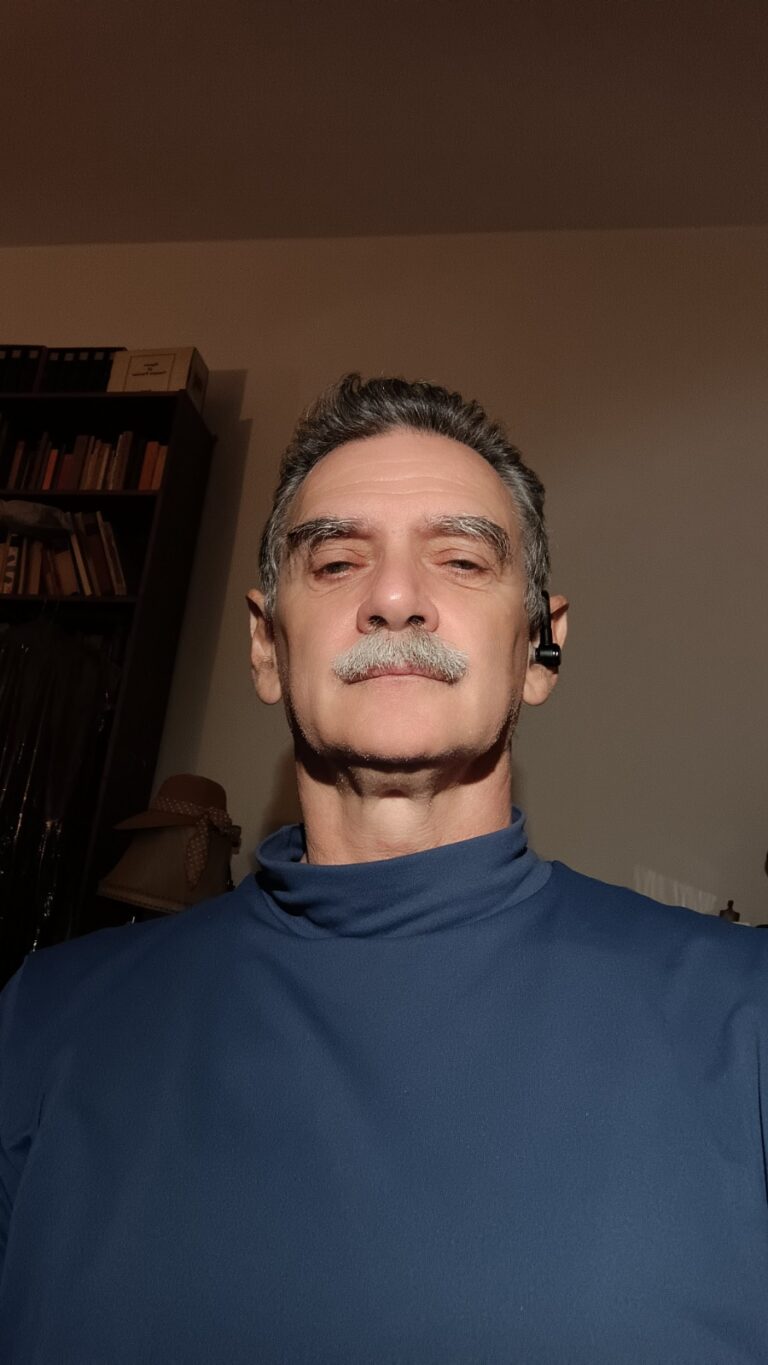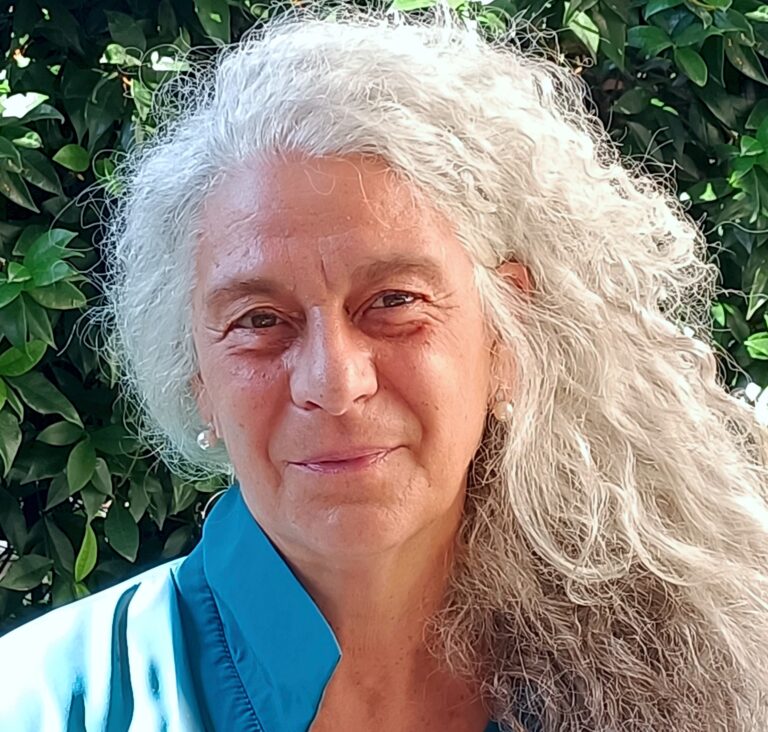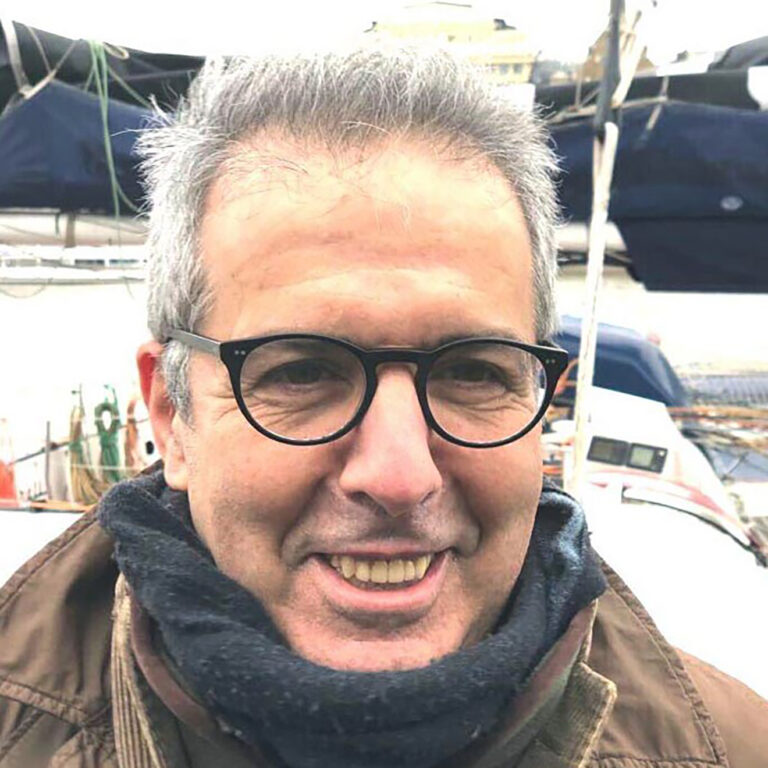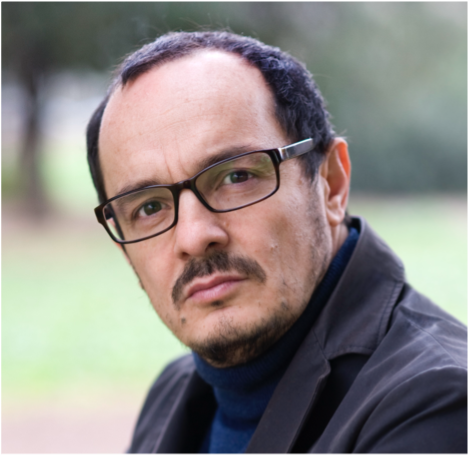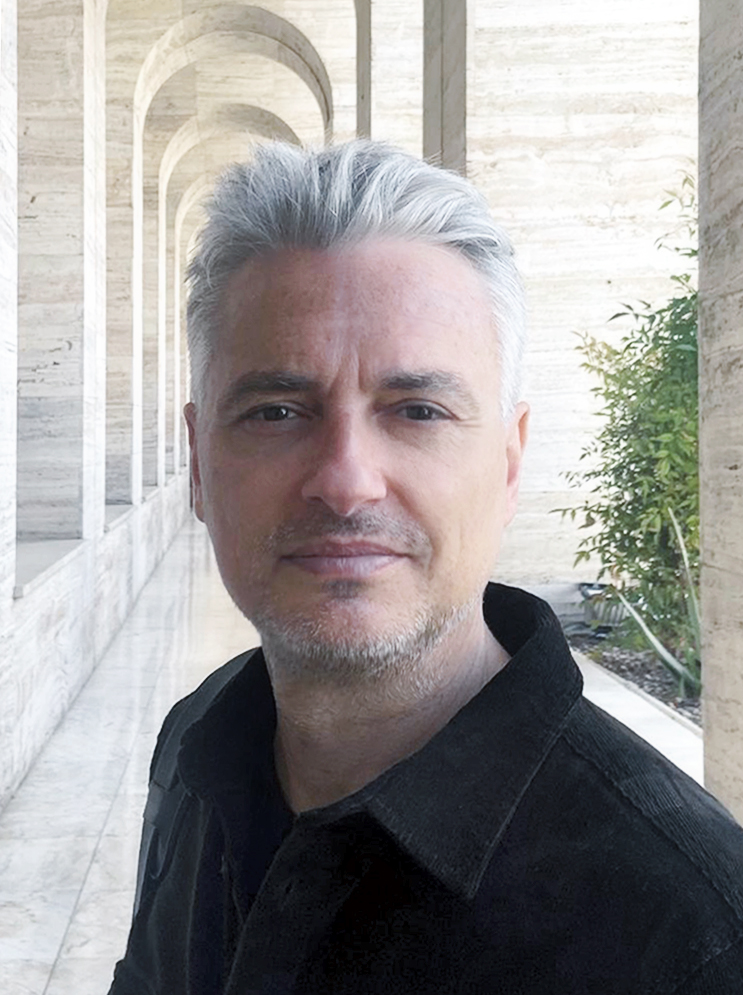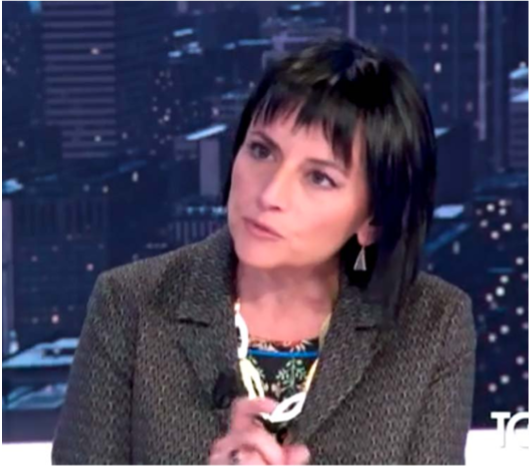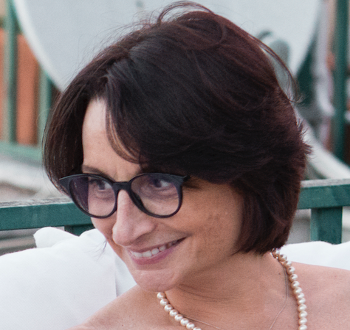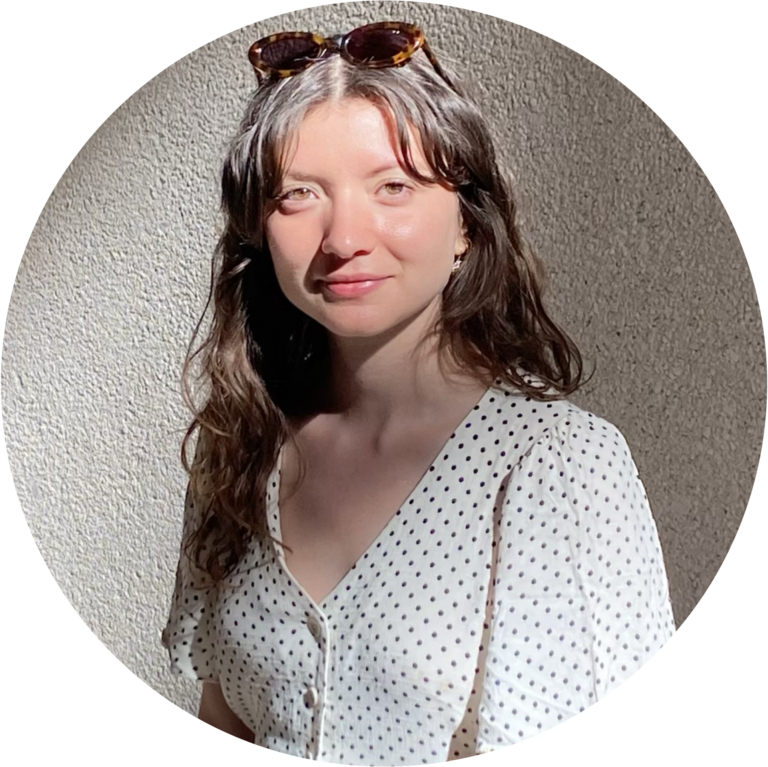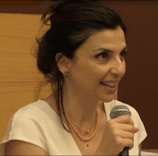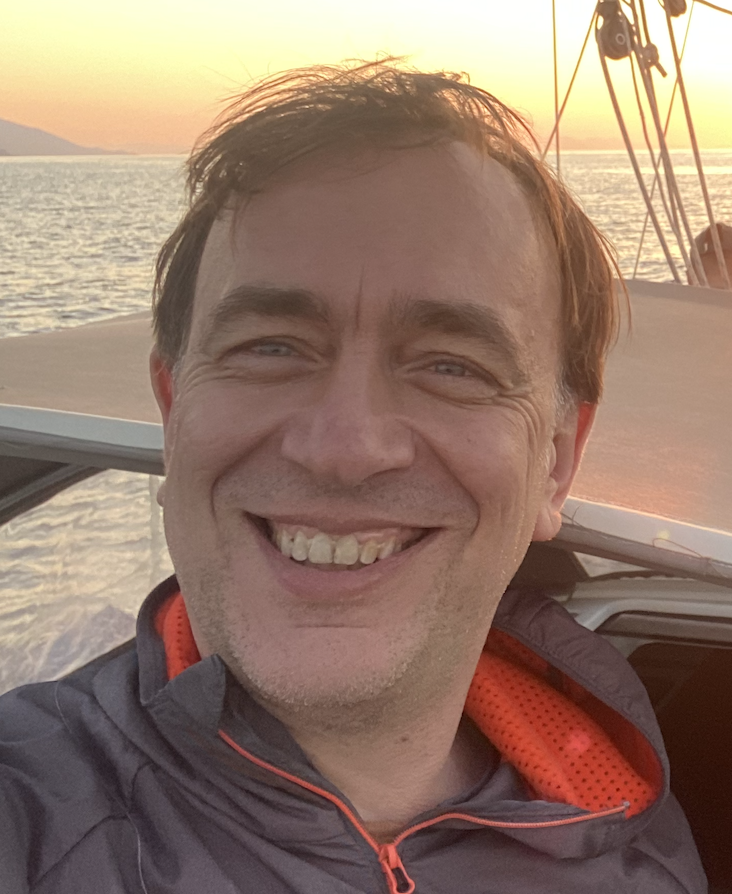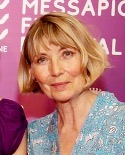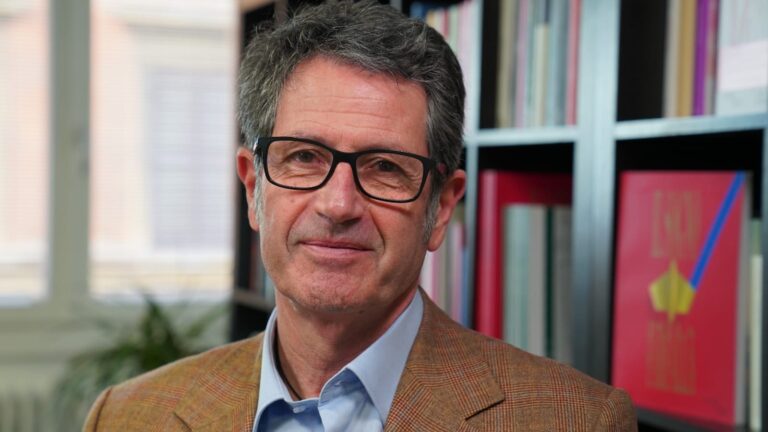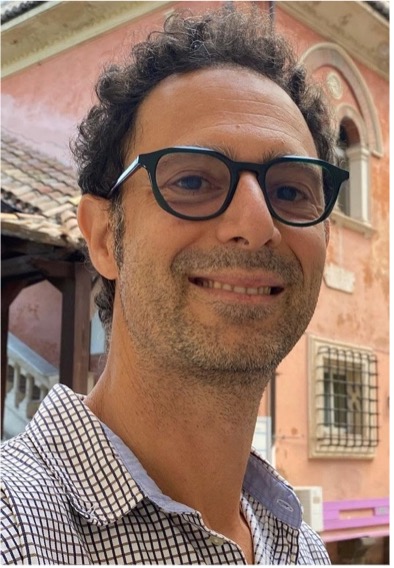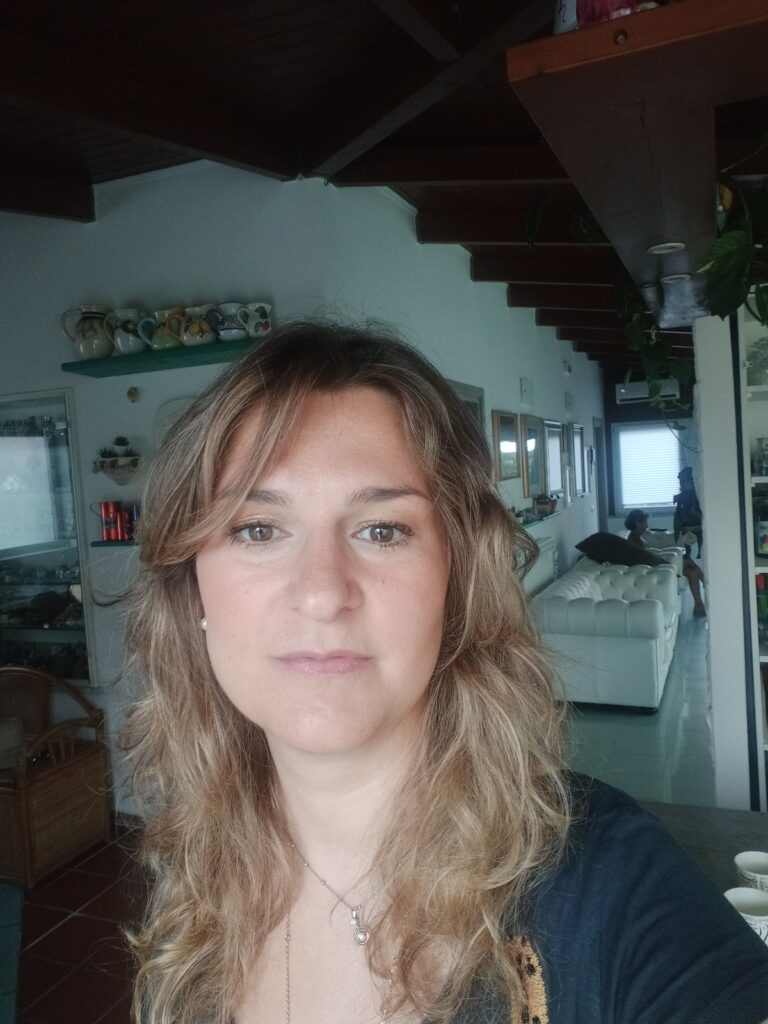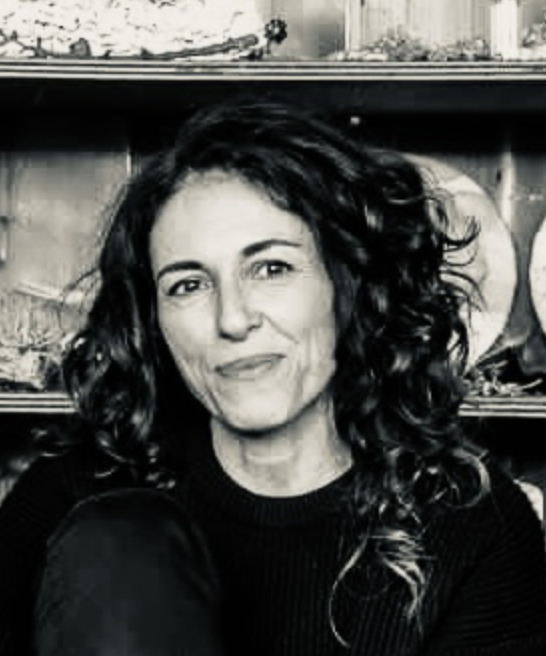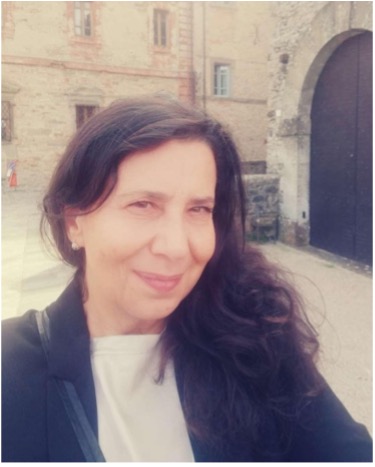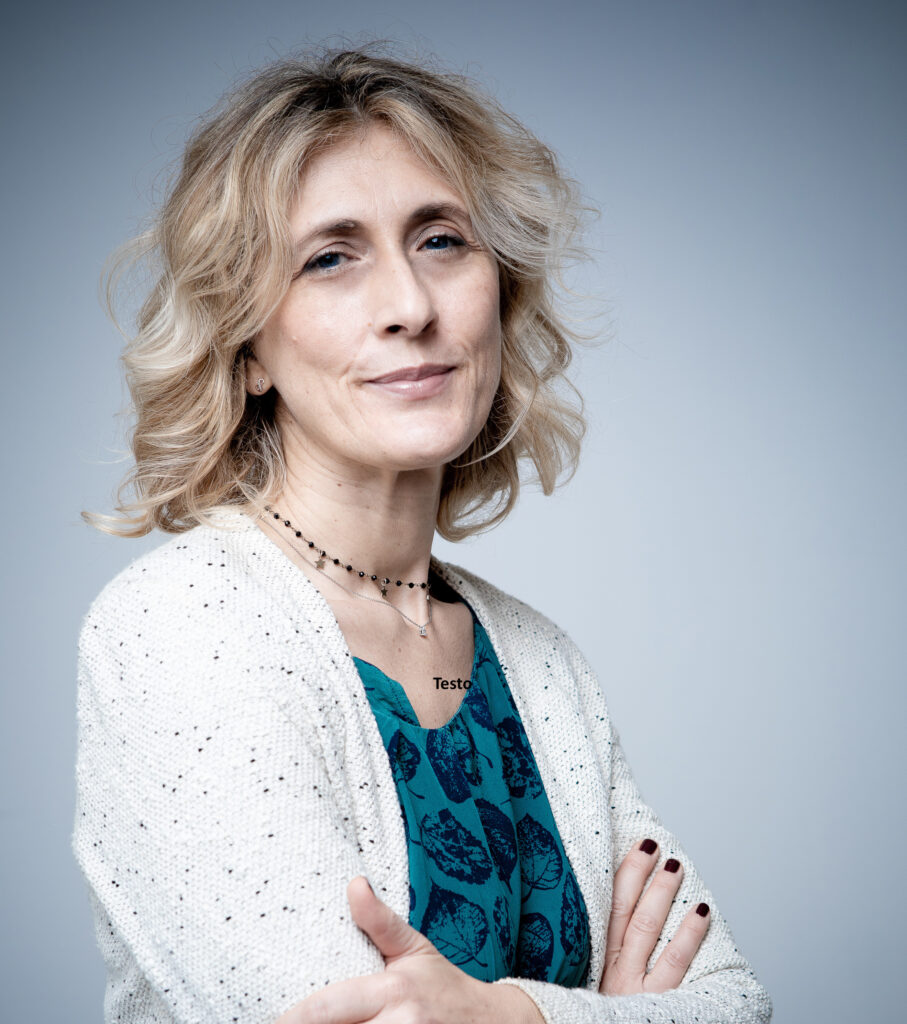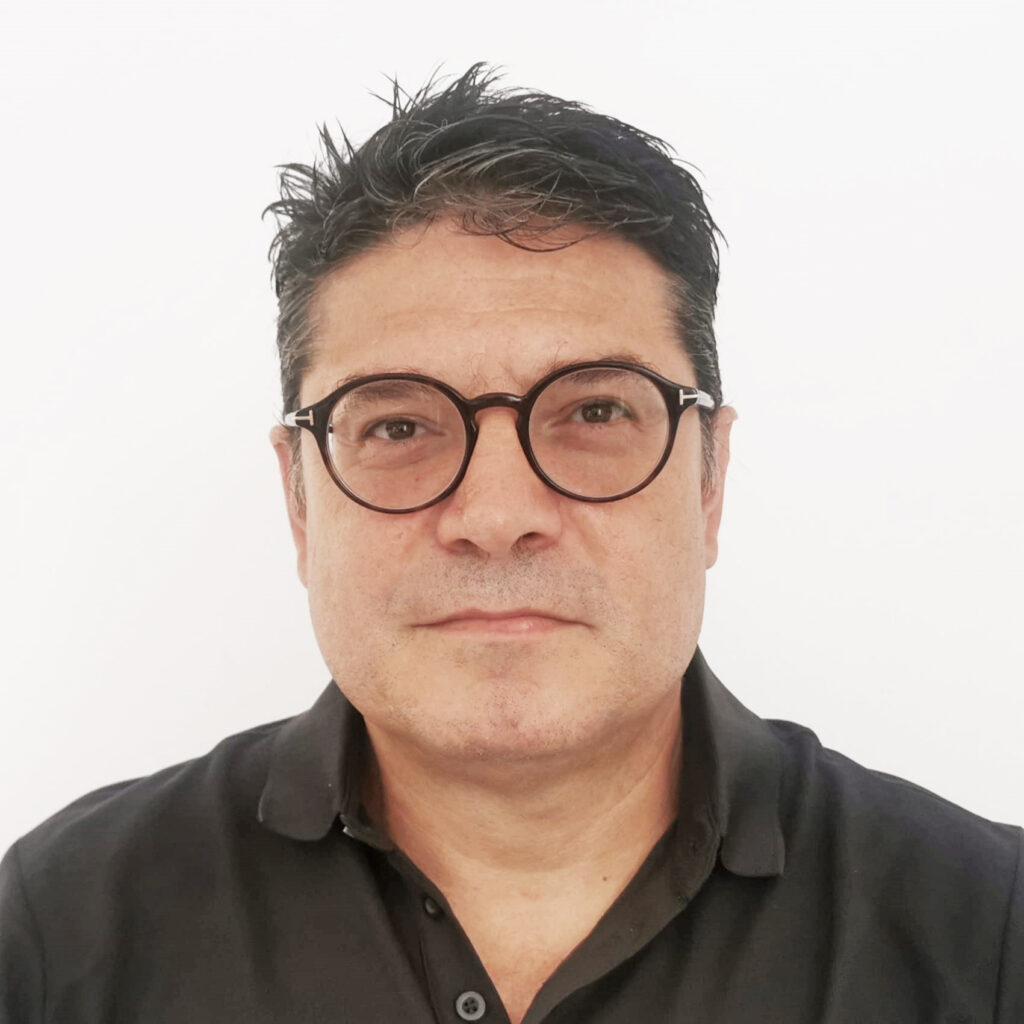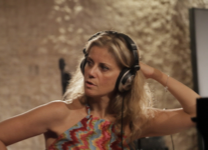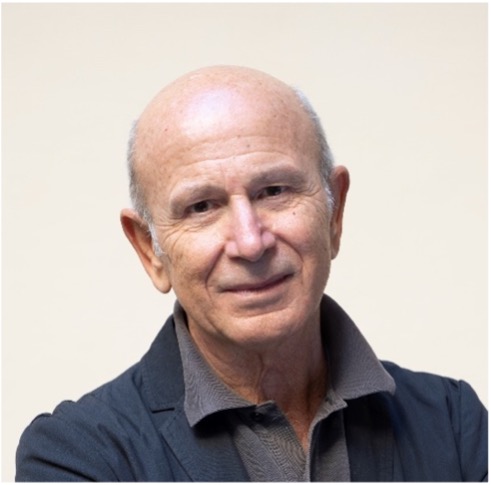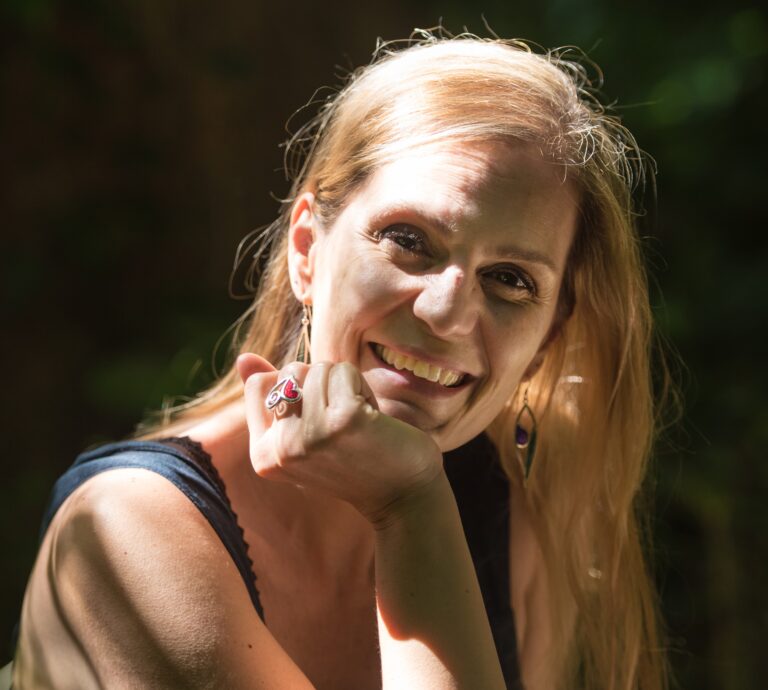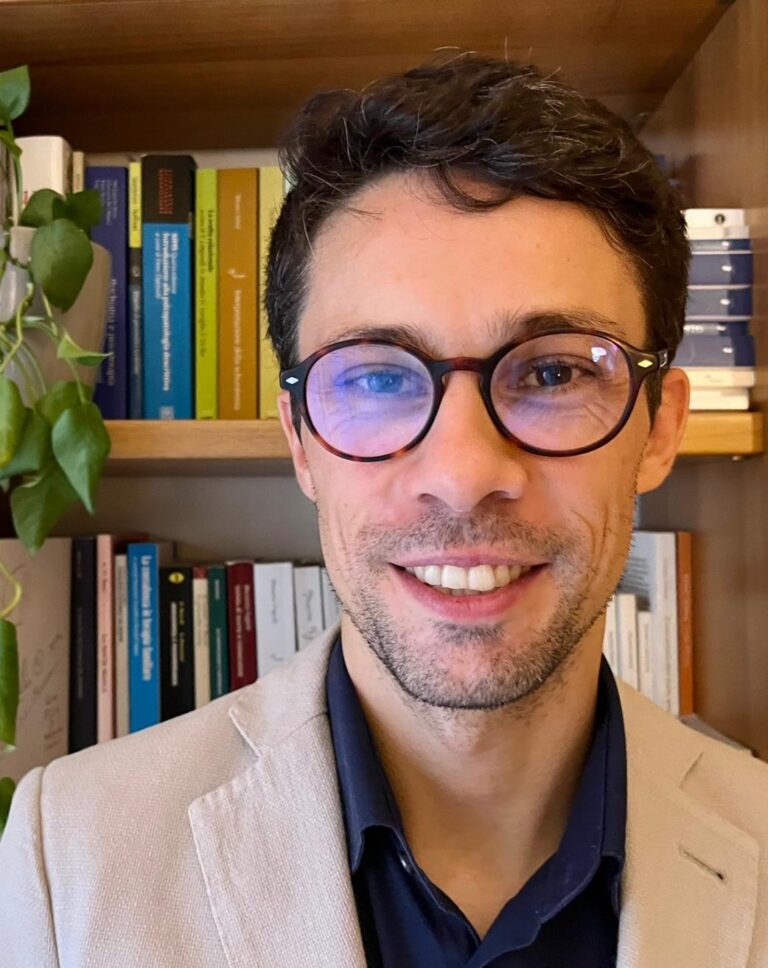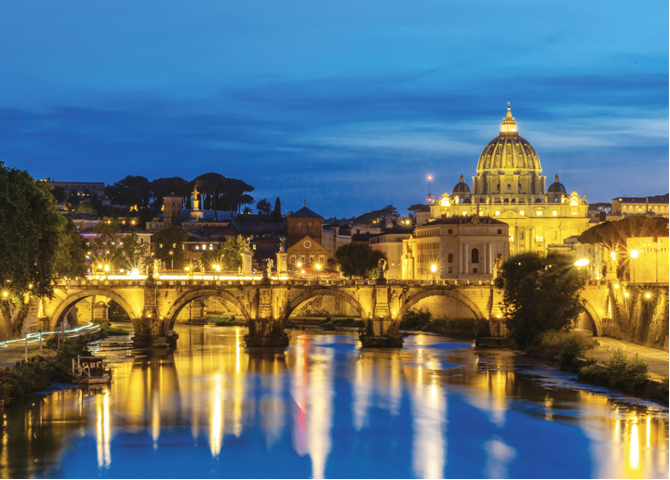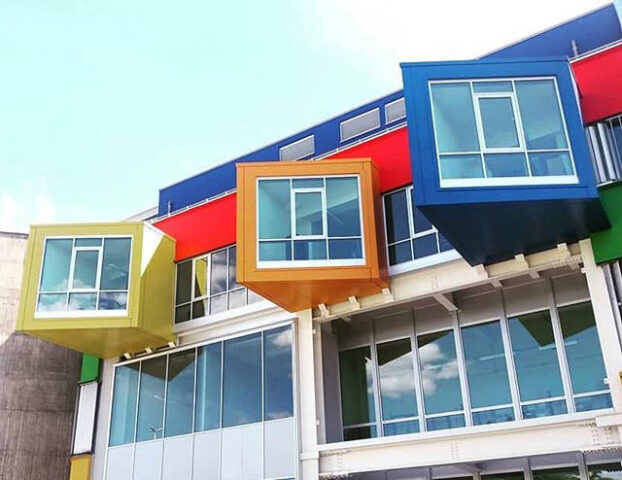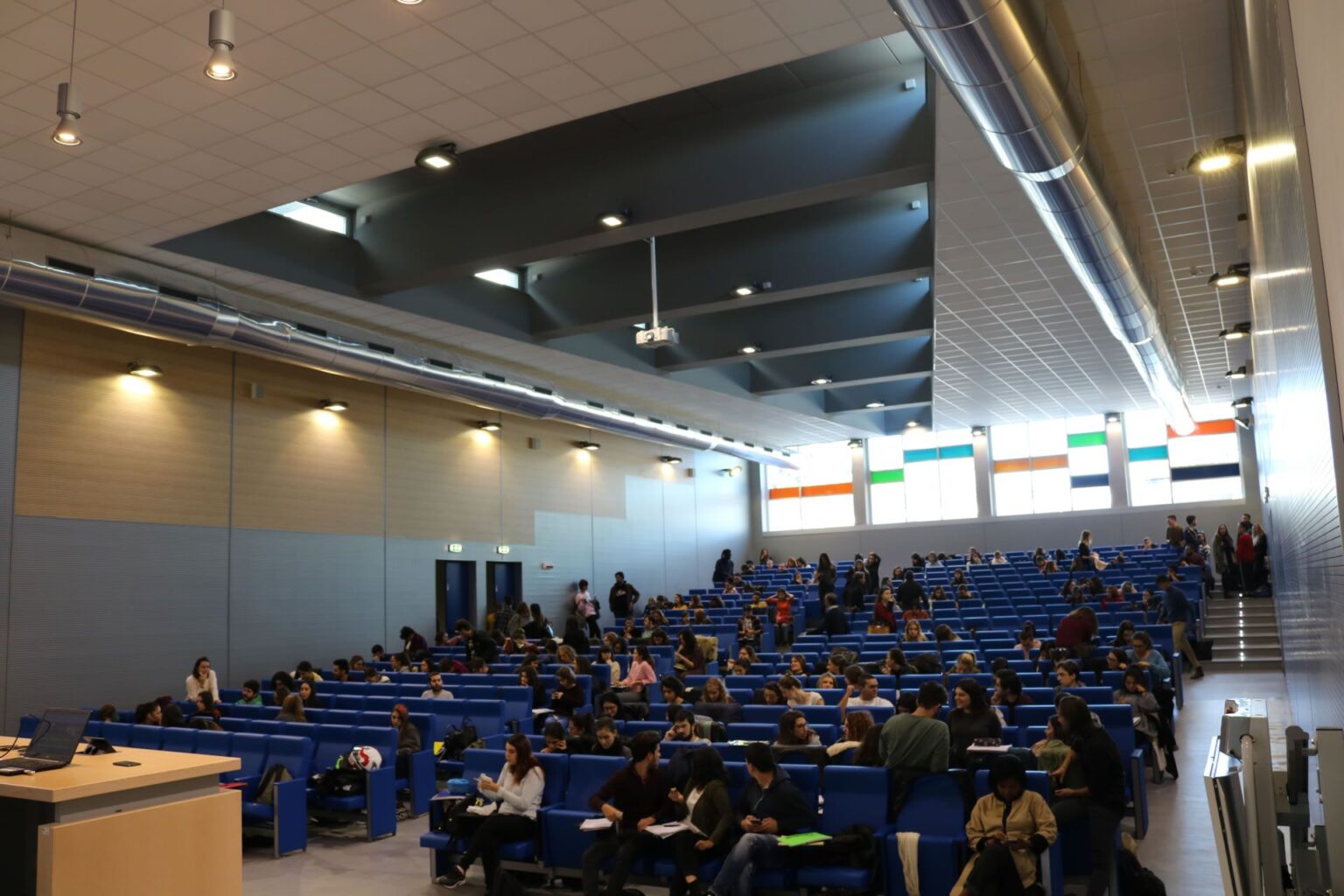The World Federation for Psychotherapy (WFP), is the largest psychotherapy organization in the world, established in 1932, and it is the oldest international organization representing psychotherapy societies, with over 30,000 members from around the world. Its goals are to facilitate and promote international communication among different schools, professional groups, and cultures within psychotherapy. To fulfill these goals, the WFP organizes international congresses and conferences on psychotherapy. WFP is inclusive of all psychotherapy modalities practiced by professionals. In addition to the World Congress of Psychotherapy, which takes place every three years, the World Federation for Psychotherapy (WFP) organizes annual regional conferences partnering with like-minded associations.
The Massimo Fagioli Foundation (MFF) was created in 2021 with the aim of safeguarding and promoting the work of Massimo Fagioli, the psychiatrist and psychotherapist known for the discovery of the disappearance fantasy, the basis of what he called the Human Birth Theory, and for the Collective Analysis seminars, an innovative group psychotherapy modality, which engaged in therapy, training and research. MFF organizes scientific colloquia, research activities and social causes. In 2022, the congress organized by MFF for 50 years from the publication of Fagioli’s Death Instinct and Knowledge had a very large audience: more than 2000 in site and 2800 in live streaming attendees.
The WFP has joined forces with the MFF in the organization of this international meeting, an inter-disciplinary colloquium on the theme Psychotherapy, Creativity, and the Arts.
International academics representing both organizations has been invited to participate in interactive panel presentations to deliberate on the relevance of the study of the creative process in the practice of psychotherapies.
At this congress, psychiatrists, psychologists, art therapists, visual artists, architects, archeologists, anthropologists, musicians, and other social scientists and academics in the humanities will engage in scholarly conversations to address the theme of creativity and all aspects of the conference. Speakers from China, Germany, Iran, Italy, Norway, Philippines, Switzerland, the United States and Uganda have been invited to this academic event. The congress will take place in the Aula Magna of building Marco Polo, at Sapienza University of Rome, which is the largest university in Europe and one of the oldest in Italy.
Art and creativity are essential characteristics of the human species, and clinicians cannot overlook them in the psychotherapeutic relationship. Art, from dance to theater, poetry, painting, and architecture, will be at the center of the conference and will be related to the human inner world it expresses. Speakers will engage in scientific debate from both cultural and theoretical perspectives. Additionally, they will illustrate how creativity itself can guide the therapeutic relationship and it is an indispensable tool for it.
Multiplicity of meaning, or polysemy, is characteristic of all works of art. Although the life of the artist is linked to their creations, works of art take on a life of their own once released into public view. Earlier psychoanalytic views tend to be pathographic when describing artistic creation as symptoms, regressive, or successful attempts at adaptation from misery. Creating a work of art is a much more complex process that begins with inspiration and substantial gestation of ideas and affects and continues beyond and does not end with rendering of the work.
Creativity depends on mental openness, flexibility of thought, lightness, but also on harmony with the broader cultural context and the socio-political reality of the world around us. Massimo Fagioli highlighted how the richness of the capability to imagine, species-specific and present since birth, is essential for personality formation.
The theme of the congress is based on issues that link psychotherapy, creativity, and the arts, and at the same time is inspired by the work of Fagioli, who dedicated his life and medical practice to the research of human reality. With the Human Birth Theory, he proposed a new vision of human being and human mind. Remarkably, he proposed the idea of a healthy mind from birth before breastfeeding, a mind endowed with reaction capacity, vitality, and the capability to imagine and, consequently, a creative mind that when ill loses this unique and human characteristic. He was not only a medical doctor, a psychodynamic psychotherapist and philosopher, but also an architect, a filmmaker, and artist. This congress also honors the creativity of Fagioli, who as a scientist and artist skillfully navigated both worlds in conversation with professional disciplines beyond psychiatry and psychology. Indeed, his theory of mind is transversal and also influences many fields, like the arts, education, economy, and politics.
Entry to the congress will be free of charge, while seats last, but preregistration is essential. The congress will be live streamed for access around the world. Registrants will have the opportunity to listen to experts on Human Birth Theory and scholars who will engage in a dialogue representing different psychotherapy schools of thought, addressing creativity and arts and psychotherapy as a creative process.

